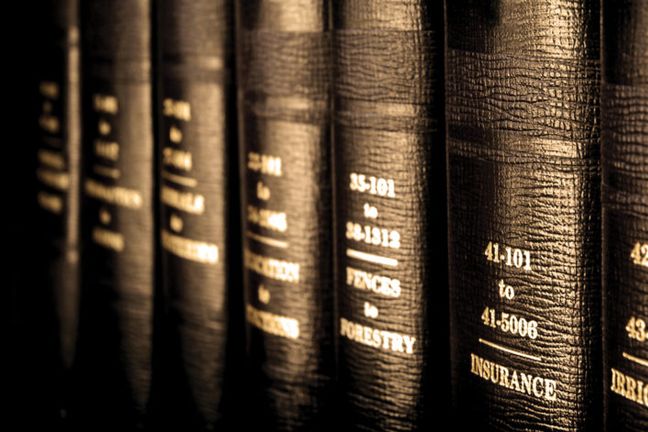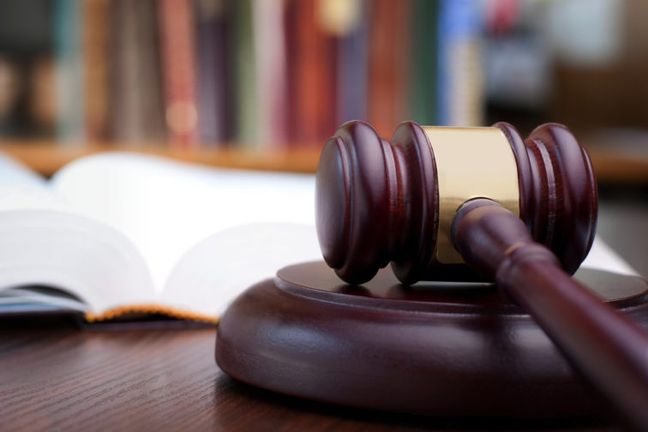Multi-party litigation provides co-defendants with an opportunity to optimize the use of damages experts. Such environment, by its nature, necessarily encourages joint expert retention and fee sharing. Why? No defendant wants multiple repetitive expert opinions on damages – it is a waste of time and it will bore the jury. Additionally, no defendant wants to take the chance of there being divergent defense expert opinions on damages. Competing opinions could undermine the credibility of all defense opinions on a particular subject simply because they are not unified. Opinion considerations aside, the sheer cost of damages experts provides great incentive to share in their fees. But coordinating joint retention and fee sharing can be a challenge at times. Here are some suggestions to streamline such an arrangement.
Do Not Wait For Others To Obtain Authority
There is no telling when other defendants will obtain authority to retain a particular type of damages expert. Even if counsel for all defendants agree on a particular candidate to recommend for retention, do not condition your expert retention on other defendants obtaining authority to do so. Other parties may not be able to obtain authority for damages experts until the time of expert designations, which (a) is too late to provide the expert ample time to prepare for deposition, and (b) may foreclose your opportunity to conduct an independent medical examination of the plaintiff depending on expert and party availability prior to that expert’s deposition.
Set A Payment Plan At The Outset
In a case involving only two defendants, it is easy to split and pay an expert’s bills as a case proceeds. Where there are numerous defendants sharing an expert, however, things can be much more complicated. The timing of retention may vary, which effects the number of shares for fee splitting. Also, an expert is not going to want to keep track of payments from numerous parties. It may therefore be easiest for everyone to simply have one party pay the expert directly up until the time of expert designations. At that juncture, the parties should know who ultimately has authority to retain a particular type of damages expert, and who does not. The party who has been paying an expert’s invoices up until that point can then begin to seek reimbursement from the other defendants who are retaining that same expert. And, moving forward, each of those same defendants will know the percentage of an expert’s bill they will be responsible for paying on future invoices. In any event, you should have your payment plan in place as soon as the expert is retained.
Prioritize Document Management
Making sure an expert has all necessary documents for document review is key to any defense. In a shared retention scenario it will also be important to avoid duplicating document productions to an expert. Let the other parties sharing in the retention of an expert know what you are sending the expert. Additionally, consider keeping a shared living spreadsheet of all documents co-defendants provide to a joint expert for the life of the case. It keeps everyone organized and it eliminates the need to create a separate expert file index.
Download or Print Article Here

 Author: Emily Straub
Author: Emily Straub
 Cannabis Workers Allege Quota to Trim 4 Pounds a Day Violates the California Labor Code
Cannabis Workers Allege Quota to Trim 4 Pounds a Day Violates the California Labor Code
 The Ninth Circuit Reminds Us: Every Word Matters
The Ninth Circuit Reminds Us: Every Word Matters
 NO WAY, PRO SE! The Consequences of Abusing the Judicial System as a Pro Se Litigant in Colorado
NO WAY, PRO SE! The Consequences of Abusing the Judicial System as a Pro Se Litigant in Colorado
 Victim of Financial Mismanagement or Unlawful Retaliation? New Jersey City University Program Founder Claims School Retaliated After Reporting Alleged Sexual Harassment
Victim of Financial Mismanagement or Unlawful Retaliation? New Jersey City University Program Founder Claims School Retaliated After Reporting Alleged Sexual Harassment
 “Real Housewives” Gets a Reality Check
“Real Housewives” Gets a Reality Check
 Missing a Chapter: Insufficiency of Expert Deposition Testimony in Medical Malpractice Litigation
Missing a Chapter: Insufficiency of Expert Deposition Testimony in Medical Malpractice Litigation
 Crash Course: Why Summary Judgment Misses the Mark in Illinois Multi-Cause Limousine Crash Collision
Crash Course: Why Summary Judgment Misses the Mark in Illinois Multi-Cause Limousine Crash Collision
 Bitter Truths: Lead, Cadmium, and Defective Pleadings in California Chocolate Class Action
Bitter Truths: Lead, Cadmium, and Defective Pleadings in California Chocolate Class Action
 The Law of Unintended Consequences: Including Insurance Brokers in Litigation Strategy Communication May Waive the Attorney-Client Privilege
The Law of Unintended Consequences: Including Insurance Brokers in Litigation Strategy Communication May Waive the Attorney-Client Privilege
 Telemedicine: An Invaluable Weapon During the COVID-19 Crisis
Telemedicine: An Invaluable Weapon During the COVID-19 Crisis
 Physician Burnout: An Ongoing Crisis Increasing the Risk of Medical Malpractice Claims
Physician Burnout: An Ongoing Crisis Increasing the Risk of Medical Malpractice Claims
 New York Case Law Update
New York Case Law Update
 New Law Affecting the Scope of Confidential Settlement Agreements in Nevada
New Law Affecting the Scope of Confidential Settlement Agreements in Nevada
 California Case Law Update
California Case Law Update
 Work Product Protection for Third Parties via Personal Injury Protection Insurance
Work Product Protection for Third Parties via Personal Injury Protection Insurance
 Colorado Case Law Updates
Colorado Case Law Updates
 The Scope of Legal Malpractice Damages
The Scope of Legal Malpractice Damages